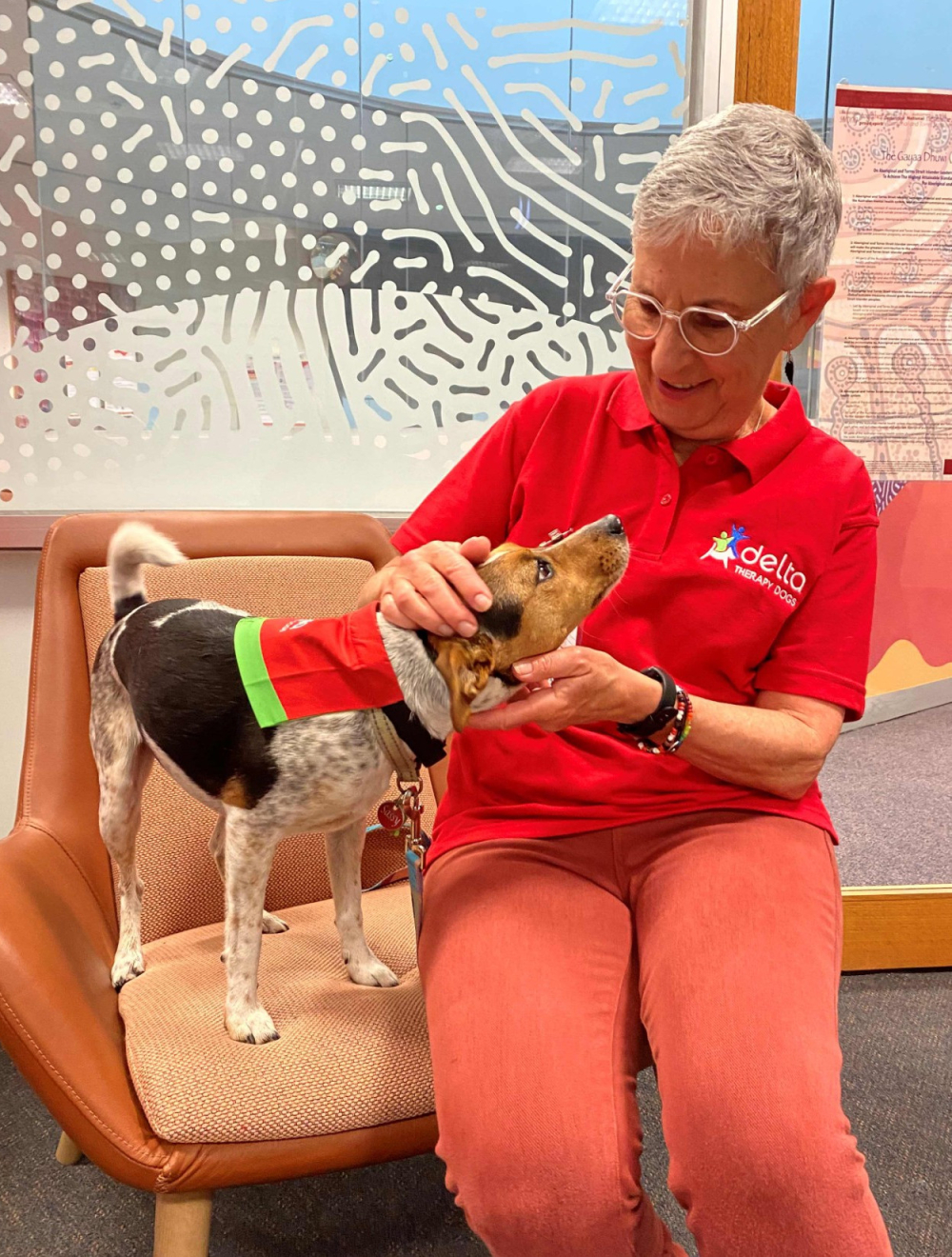Community treatment
We know that treatment of an eating disorder at the earliest possible opportunity improves the likelihood of a good outcome significantly.
Commencing treatment
A physical health check of the young person is undertaken prior to the initial Eating Disorders Program (EDP) meeting. Information about the young person’s current physical state is provided to their family. The initial EDP meeting aims to:
- generate a healing dialogue
- develop a shared understanding of the problem
- build an agreed-upon treatment plan
This collaborative meeting enables a fast and effective start for treatment. It often results in a shorter and easier subsequent course of treatment.
Treatment in the community is typically a family/social network-based therapy that aims to restore the health and wellbeing of the young person as a priority. Our EDP provides all treatment for the eating problem. While working with us, young people and families are asked to pause their involvement of other health professionals previously engaged for help with the eating problem.
The community treatment is clinic based and, while clinicians can provide some coaching to families in between sessions, the contact is usually weekly. In addition to the weekly treatment meetings, there will often be other contacts for physical health monitoring, dietetic consultations, as well as education and support provided by our lived experience team. In our treatment approach, hospitalisation of the young person is limited to managing medical safety and instability, is short term, and works towards allowing the young person to return to the care of their family.
Our program has many unique features including:
- Nourishing Parents – a four-week course for parents
- Network meetings – we bring in the important people in a young person’s life to help us make decisions about their care and treatment
- Family peer workers
- Youth peer workers
- Therapy dogs
Early engagement
There is evidence demonstrating that treatment of an eating disorder at the earliest possible opportunity improves the likelihood of a good outcome significantly.
The first meeting is usually arranged within three weeks of intake. In the two weeks prior to the first meeting, families are engaged in our ‘early engagement’ phase.
During this important early phase, families are provided with information and education that supports readiness for treatment. This includes:
- orientation to the service and what to expect;
- contact with our lived experience team members; and
- addressing any worries and deciding who can activate greater support if needed prior to the first meeting. Our program is designed to enable clinicians to ‘step in’ with more intensive support when circumstances require.
Eating Disorders Intensive at Home
Our new Eating Disorders Intensive at Home (EDI at Home) program is a flexible, short-term treatment program for children and young people (and their families) who require extra support.
A team of health professionals and lived experience specialists work intensively with the young person and their family in their home.
The team can provide:
- support during mealtimes
- help with meal planning to support nutritional recovery
- physical and mental health care to support recovery from an eating disorder.
The EDI at Home program offers more intensive support (typically 2-6 weeks) to young people and families who are accessing treatment for an eating disorder through Alfred Health’s ICYAMHWS.
The program offers:
- at-home and clinic-based step-in treatment for young people starting treatment at the service
- a step-up treatment response when recovery progress is off track
- step-down support for young people who require extra support at home after leaving hospital.
Introduced in early 2025, both Alfred Health and Austin Health are offering this program in Victoria.
Nourishing Parents
Nourishing Parents is a four-week course facilitated by our Family Peer Workers, who have a lived experience of caring for a young person who has recovered from an eating disorder. This course is for parents who are just getting started with the program and who are undertaking parent-led re-feeding.
Parents undertaking this course are provided with the opportunity to meet with other parents who are in similar stages of eating disorder treatment. In this shared space, parents learn about eating disorders and recovery together.
Family Peer Workers
Our Family Peer Workers provide parent-to-parent coaching and peer support. They have a lived experience of caring for a young person who has recovered from an eating disorder.
Youth Peer Workers
Our Youth Peer Worker, who is in recovery from an eating disorder, is available to provide peer support to young people. We recognise there is immense value in connecting young people with someone who can really understand what they are going through because they have experienced it themselves. The Youth Peer Worker works one on one with the young person throughout their treatment to support them in their recovery.
Therapy dogs
Liv’s Loving Paws dog therapy program provides a unique, comforting experience for young people who are often very nervous about their Eating Disorder Program appointments.
Young people are introduced to therapy dogs, like Lottie, the miniature Groodle, or Sassy, the Jack Russell cross Fox Terrier, to help reduce their stress and anxiety to make it easier for them to engage in their treatment.
The program was developed to honour the memory of Liv Evans. After losing Liv to anorexia nervosa when she was 15, her family wanted to create something positive out of their heartbreaking loss. Liv’s profound love for animals, especially dogs, inspired her father, Robb Evans, to start fundraising for a dog therapy program that could bring comfort to other young people facing similar struggles.
Lottie and Sassy visit the clinic every fortnight to create a welcoming and supportive atmosphere, and there are additional bookable sessions for young people who wish to spend more time with the dogs.
With the help of The Alfred Foundation, we’ve launched a campaign to double the number of dog therapy sessions available and support the program into the future. Consider donating or sharing the fundraiser with your network.

